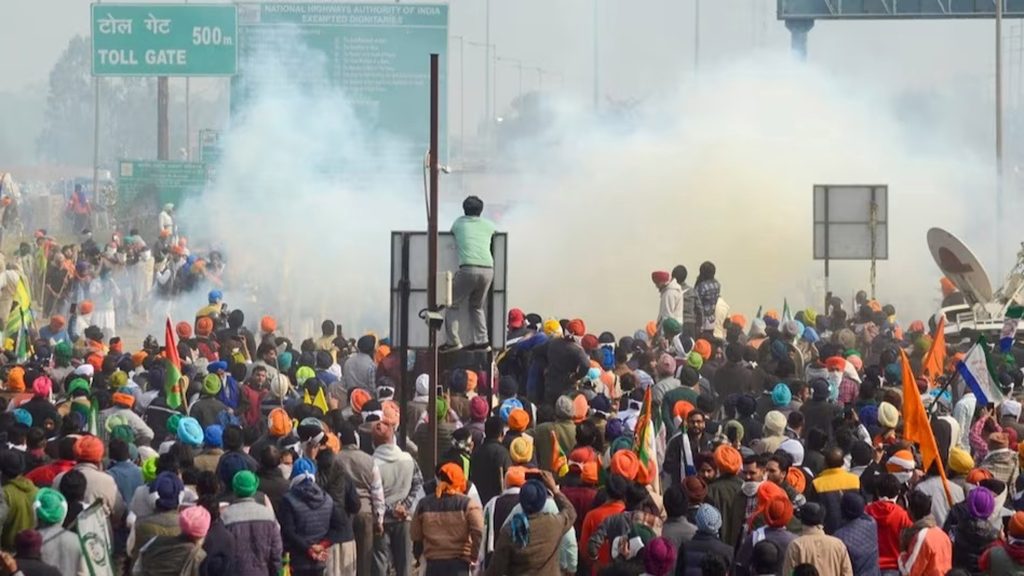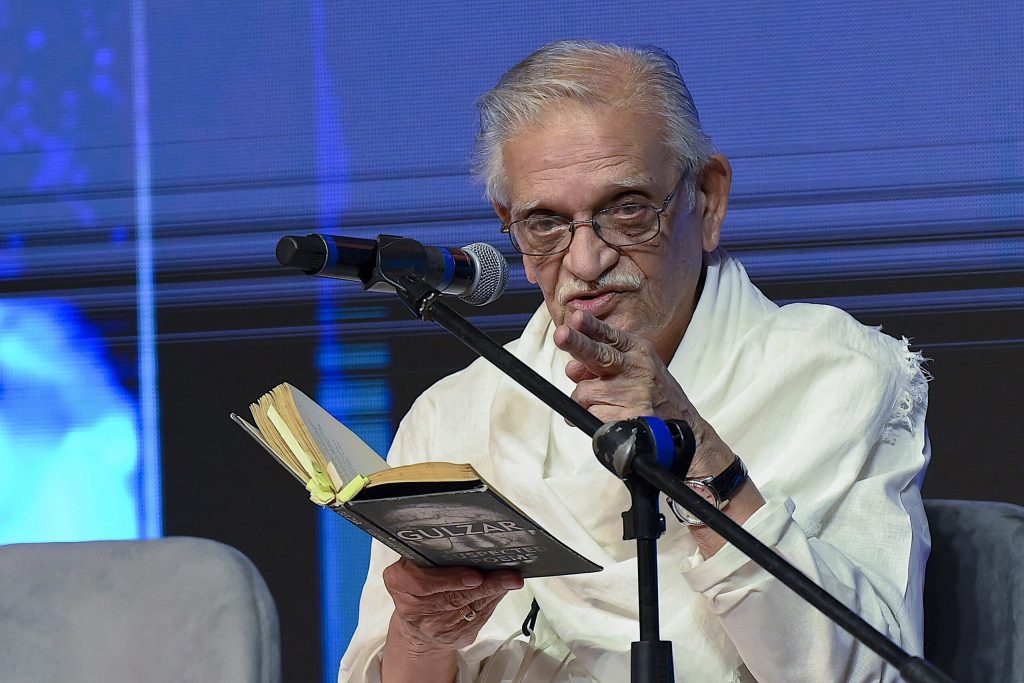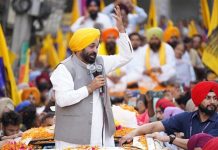Compelled to leave their fields and sit protesting again, they are in no mood to be taken in by hollow assurances of the establishment or let the political tactics dent the very unity of the farmers this time. By Humra Quraishi

This time, the farmer wants a concrete solution, where all the long-pending demands are met with. And nothing is left in suspense. Braving the harsh ground realities-cum-weather conditions, there’s no going back for the farmer. After all, he realizes it’s now or never! And this time, he’s in no mood to be taken in by hollow assurances of the establishment or let the political tactics dent the very unity of the farmers.
The logical way out for the establishment would have been to hold a series of detailed discussions with the farmer leaders; their demands to be met with within a set time framework. All these dilly-dallying tactics are not only agitating the already upset farmer but also leading to an absolutely stressful situation. Not sure, what happens next, as tension continues, not just in and around the Delhi borders but spreading out.
Ironical, it seems that the farmer who provides us with our daily bread is going through such harsh conditions. He is compelled to leave his fields and sit protesting, facing the State unleash! Couldn’t be a more dismal or grim situation. Nobody dare ask what happens to the crop and the yield and the output. Prices of even the basic grains going up the graph, leaving the farmer and the rest of us, the consumers, devastated but who’s there to listen to the ongoing cries!
Where’s that age old norm of talks-discussions-debates-arguments and counter arguments! Where are we heading! Perhaps, towards destruction of the very basic framework that had held us intact but now all seems withering!
*****
Whilst on the farmer and our daily bread, it’s time to focus on roti banks. Yes, till the stomach is not filled and hunger pangs not contained, there’s little point harping on any of the other aspects to everyday living; nay, survival.
Sadly, facts and figures indicate that percentage of the food-deprived in the country is on the rise. Men, women and children are sitting without adequate food and clean drinking water, and are deprived of the basics to survival. Perhaps, weak and fragile to the extent that even those cries of want are not to be heard.
Little point calling ourselves ‘developed’ when the human form is shrinking and withering away. Except for the rich, corrupt and over ambitious, the rest are fighting a daily battle to somehow survive in these harsh times.
What can be done to lessen their plight? Roti banks seem a practical and viable option. After all, all it involves is collecting a couple of rotis or handful grain from each household in particular mohallas or localities or residential colonies, to be distributed on a daily basis to those who cannot afford to feed themselves and their families. Only one caution to be strictly adhered to: Let no political party interfere and intrude. Also, do not let communal brigades unleash any of those political thrusts in the roti collection and distribution efforts.
Whilst on food deprivation and starvation deaths, there is another land where its citizens are hit…severely affected. Yes, today a large percentage of the Palestinians are starving! Governments should be urged and appealed to, to let food packets be air dropped so help save lives of hundreds and thousands sitting besieged in Palestine.
Gulzaar Saab – the poet with a personality
The 58th Jnanpith Award for the year 2023 has been awarded to Swami Rambhadracharya for Sanskrit and Gulzar saab for Urdu. He has earlier received the Sahitya Akademi Award for Urdu in 2002, the Dadasaheb Phalke Award in 2013, the Padma Bhushan in 2004, and at least five National Film awards for his works.

The more I read Gulzar saab, I am left amazed by the expanse and the sheer sensitivity of his verse and prose. There’s that stark simplicity and with that, that instant connect. His fans are in thousands and spread out, right from our land to those spread-out continents. After all, poets don’t believe in boundaries or barriers.
Gulzar saab’s prose and verse focusing on the Partition hitting to such an extent that till date that pain and turbulence seems hovering around. He witnessed the Partition and experienced those upheavals, and the impact and imprints they’d left on him gets writ large in his writings; that pain manages to seep in each one of those words.
I re-read one of Gulzar saab’s earlier published volumes -‘Footprints on Zero Line-Writings On The Partition’ (Harper Collins) which he has dedicated to, ‘To Dina, my birthplace in Pakistan’. He dwells on Dina, and also on the masses going through turbulence… To quote Gulzar saab, “I have witnessed the Partition. I have experienced the Partition. Standing on Zero Line I am still watching the trail of Partition. Seventy years have passed. Time has not been able to blow off the footprints. I don’t know how long it will take for them to sink into history and be the past.”
Tucked in this volume, Gulzar Saab’s this absolutely hitting, touching verse:
“Walking up to Wagah with measured steps
When I came to stand at the Zero line
My shadow fell in Pakistan!
The sun was behind me
And my abbu was standing in front
He saw me
Resting his stick on the ground
He smiled and said,
‘When I had left my body there
I came back home, Punni!’
Abbu used to call me ‘Punni.’
‘I had hoped you would come,
For you had not received the news of my death
I knew you would come to bid me farewell!’
Startled, the moment paused
He tapped the ground with his stick
Stretching his hand, he said:
‘Come, let us go to Dina!’
My friends who had come to receive me at Wagah
Held me by the hand and took me to Lahore
In the din of the city no voices came back to me
But I could see a trail of silence
That led to Dina …”
*****
Ending this column with these lines of Gulzar Saab :
“Kuchh bhi qayam nahin hai kuchh bhi nahin /
Raat-din gir rahe hain chausar par/
Aundhi-seedhi-si kaudiyon ki tarah /
Mah-o-saal haath lagte hain/
Ungliyon se phisalte rahte hain /
Kuchh bhi qayam nahin hai kuchh bhi nahin /
Aur jo qayam hai ek bus main hoon/
Main jo har pal badalta rahta hoon.”
(Nothing is permanent, nothing at all /
Days and nights fall on the chausar board /
Like kauri shells, some face up others down /
The months and years dealt out to you /
Slip through fingers /
Nothing is permanent, nothing at all /
And what is permanent is me /
I, who is changing at every instant.)












